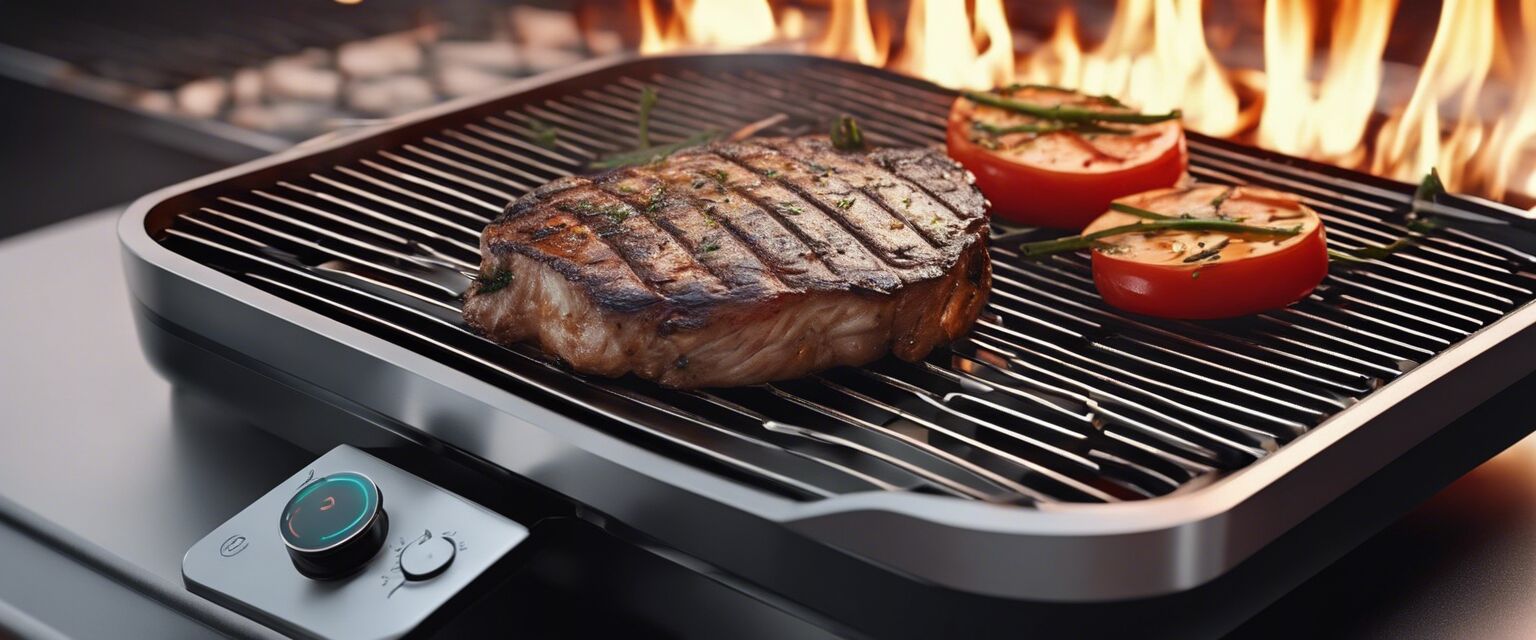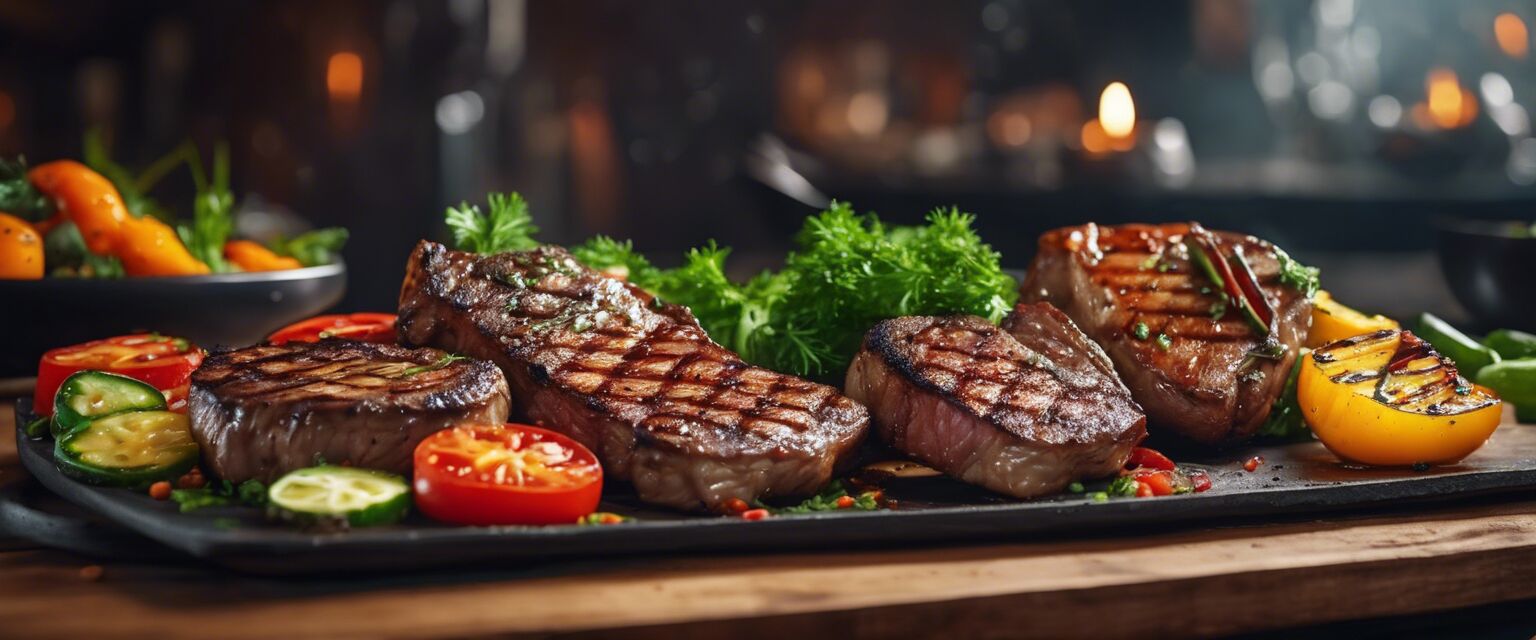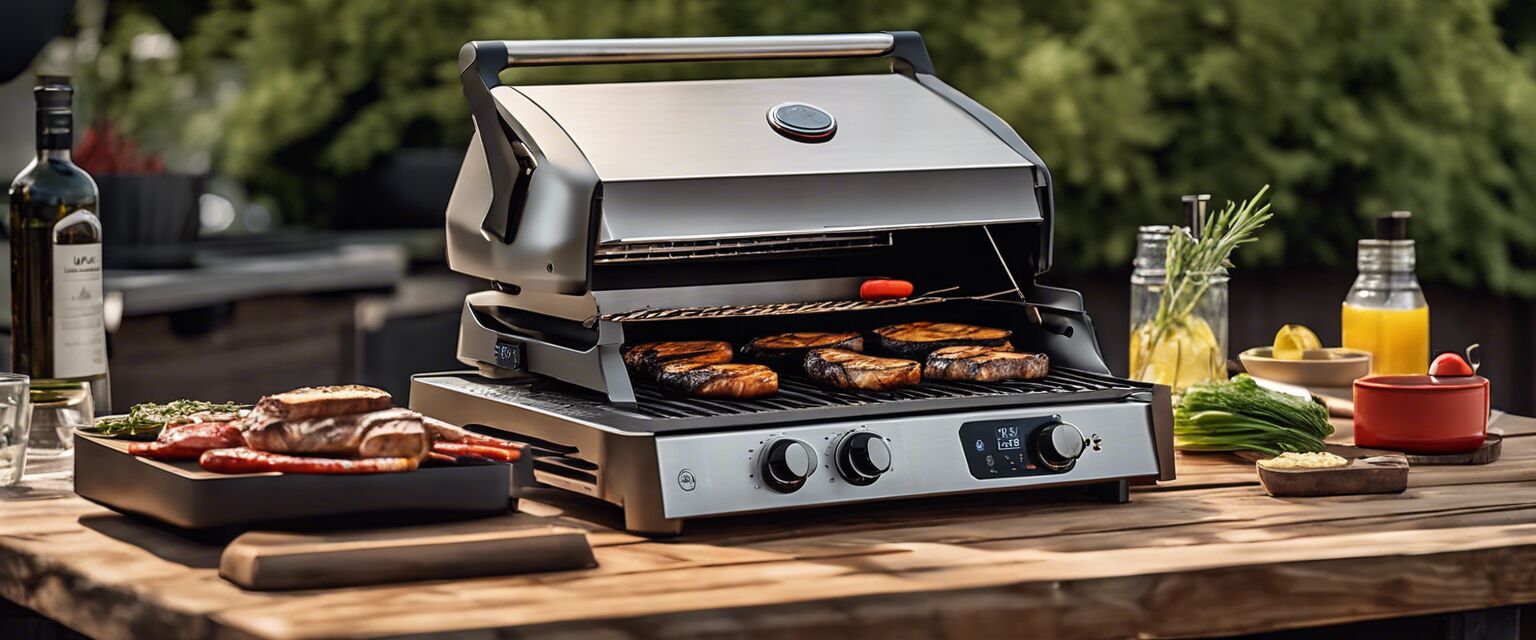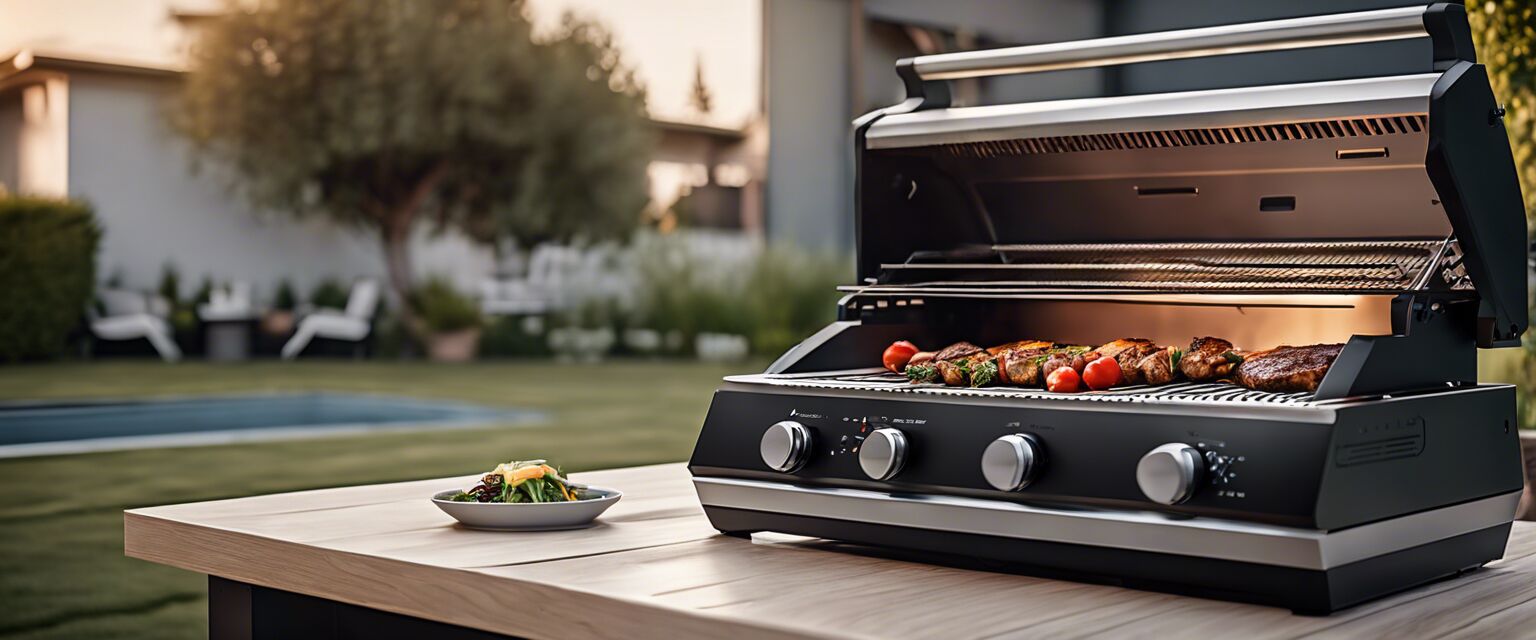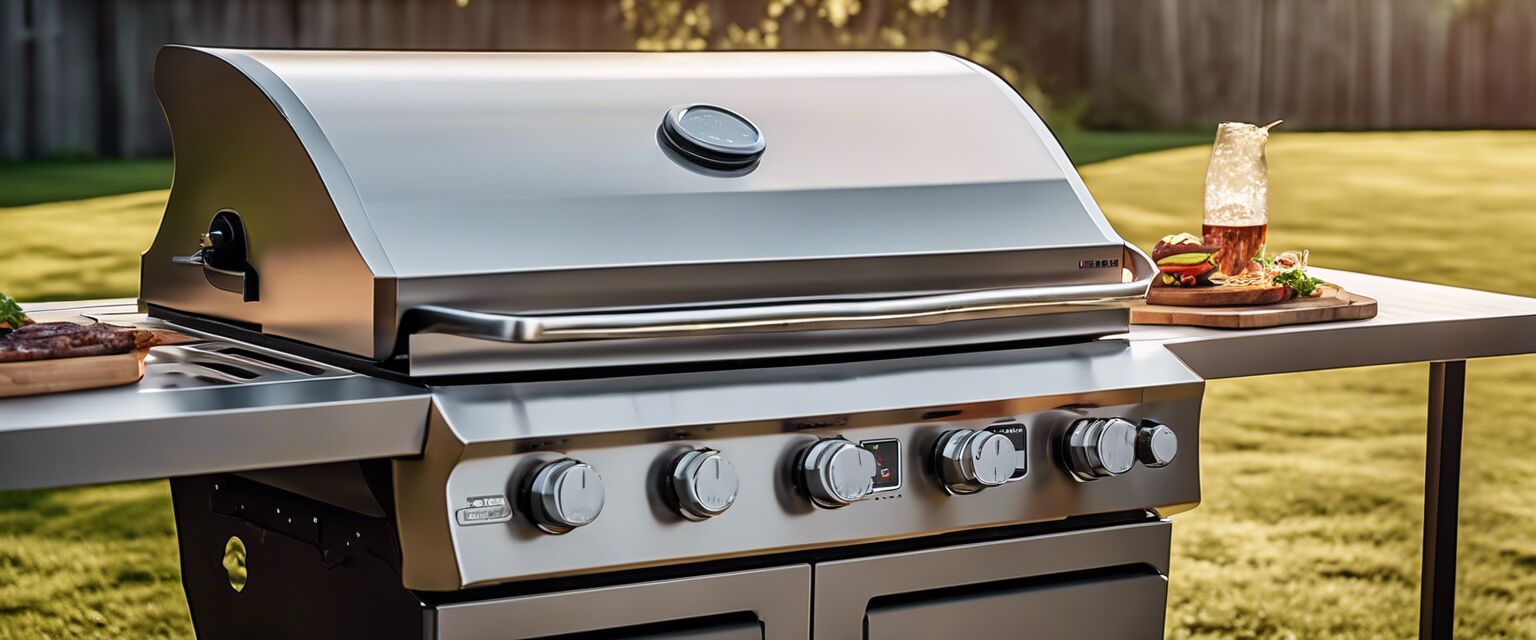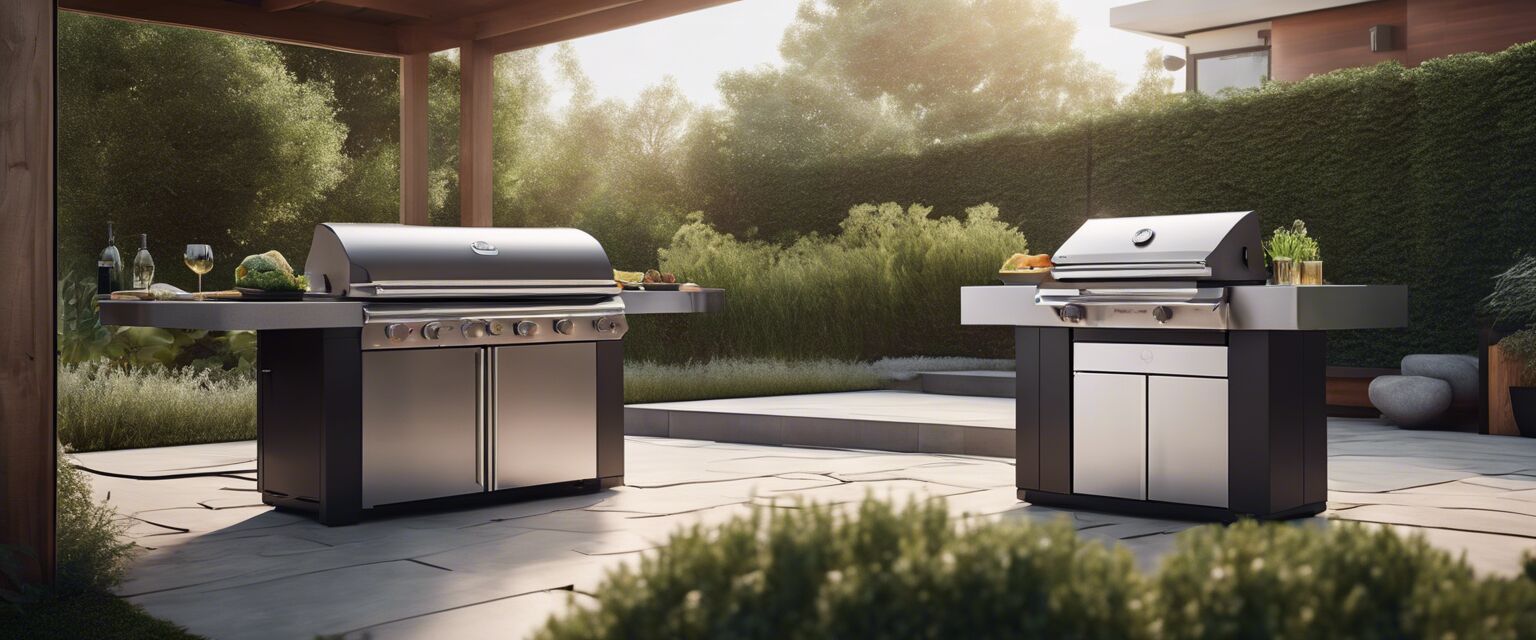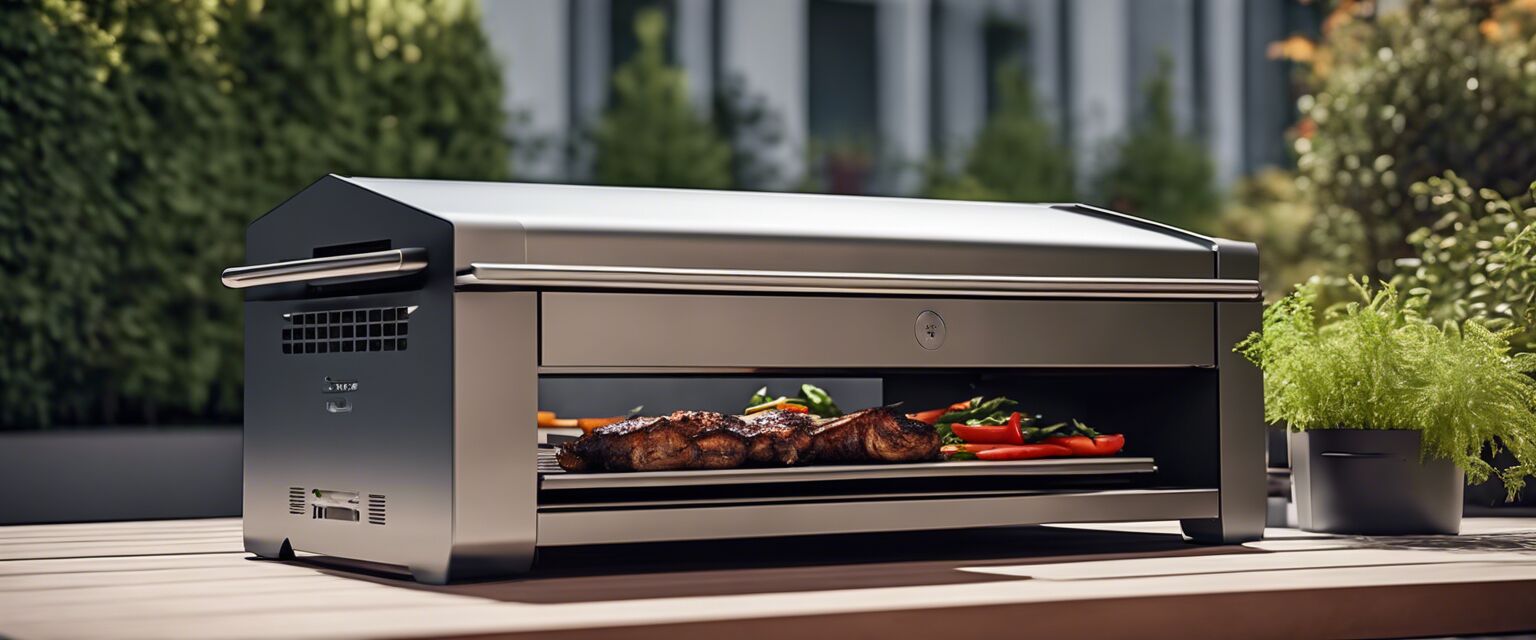
Comparing Smart Grills vs. Traditional Grills
Key Takeaways
- Smart grills offer enhanced features like remote controls and monitoring via mobile apps.
- Traditional grills provide a straightforward and often lower-cost experience.
- Choice depends on budget, convenience, and personal grilling style.
- Both types have unique advantages that cater to different grilling enthusiasts.
The world of grilling has evolved dramatically over the years. While traditional grills have held their ground for decades, smart grills are now making waves with their advanced technology and convenience. In this article, we will explore the differences, pros, and cons of both smart grills and traditional grills to help you make an informed decision about your next grill purchase.
What are smart grills?
Smart grills are designed with cutting-edge technology, allowing for greater control and convenience during cooking. These grills often feature:
- Wi-Fi or Bluetooth connectivity
- Mobile applications for remote monitoring
- Digital temperature controls
- Integrated meat thermometers
- Cooking presets and timers
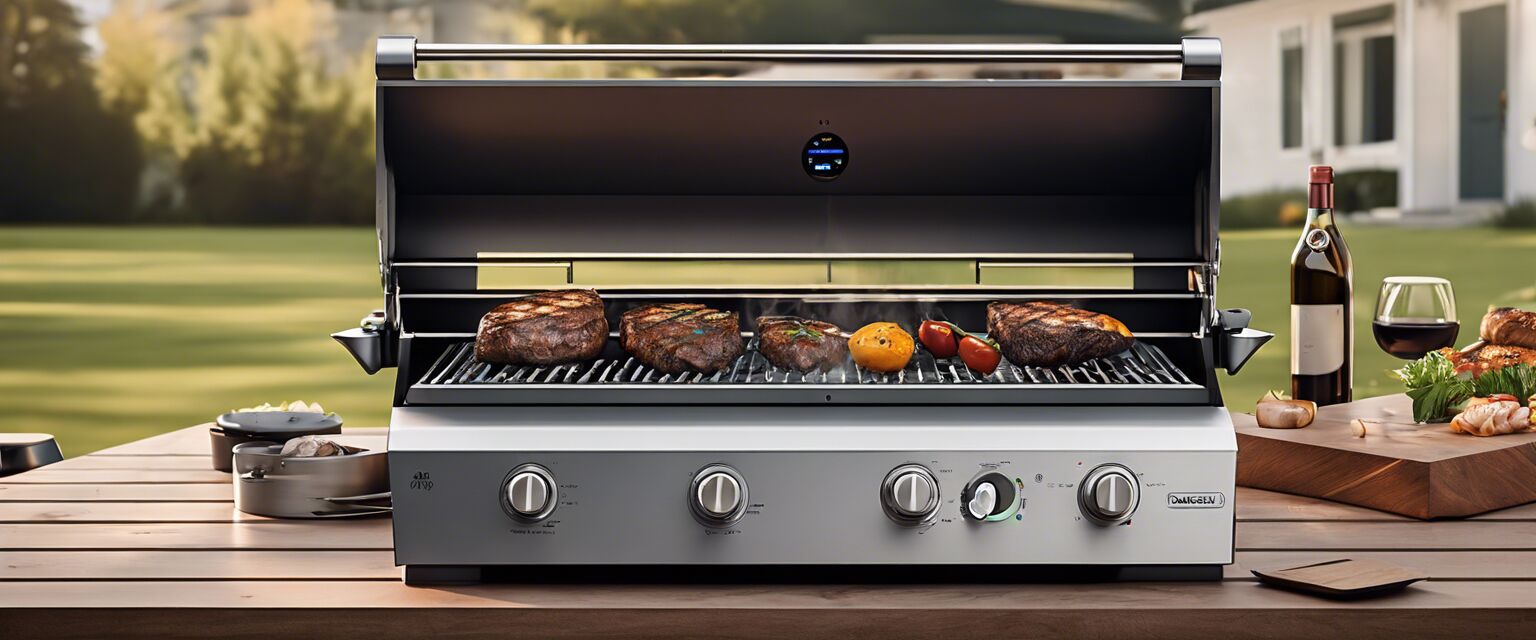
What are traditional grills?
Traditional grills have been around for ages, focusing on the art of grilling without the bells and whistles of smart technology. They typically include:
- Charcoal or gas fuel options
- Manual temperature controls
- Simplicity in operation
- Less reliance on technology
Comparative overview
| Feature | Smart Grills | Traditional Grills |
|---|---|---|
| Control | Remote and app controls | Manual control |
| Temperature Monitoring | Integrated thermometers | Manual checking required |
| Ease of Use | High, with pre-set options | Moderate, depends on experience |
| Price | Generally higher | Generally lower |
| Fuel Type | Varies (electric, propane, charcoal) | Charcoal or propane |
Pros and cons of smart grills
Pros
- Convenience of remote monitoring
- Consistent cooking results thanks to thermostats
- Cooking presets simplify the process
- Customizable grilling experiences with app features
Cons
- Higher initial cost
- Dependence on technology, which can malfunction
- Potentially less authentic grilling experience
Pros and cons of traditional grills
Pros
- Lower cost than smart grills
- Design allows for a true grilling experience
- Less reliance on technology, simpler repairs
Cons
- Requires more attention to monitor cooking
- Less control over temperature
- May require more experience to achieve great results
Choosing the right grill for you
When it comes to selecting the right grill, your lifestyle and grilling habits will play a significant role. Consider the following:
- How often do you grill?
- Do you prefer a hands-on approach or automation?
- What is your budget for a new grill?
- Is advanced technology an important factor for you?
Final thoughts
Smart grills and traditional grills each bring unique experiences to the table. Smart grills are ideal for those seeking convenience and technology, while traditional grills offer a more straightforward, authentic grilling experience. Ultimately, the choice between a smart grill and a traditional one depends on your personal preference and grilling habits.
Tips for beginners
- Start with a simple grill model to gain confidence.
- Understand the basics of cooking temperatures and times.
- Experiment with different types of fuel to find your favorite.
- Read reviews and gather information before making a purchase.
For more about grilling and barbecue setups, check our pages on BBQ Tools and Grill Accessories.
Additional resources
To ensure you're getting the best out of your grilling experience, consider these products:
- Explore grill covers to protect your investment.
- Set up an outdoor kitchen for a complete grilling area.
- Upgrade your cooking techniques with smart grills and their latest features.
- Track the temperature with smart thermometers for precision cooking.

